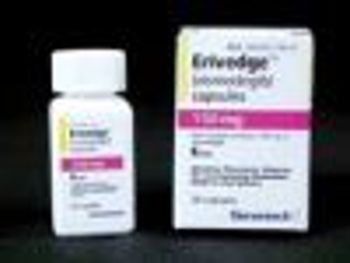
October 2012


To provide complete services to the specialty patient in the home care setting, specialty pharmacies and specialty nurses need to clearly define their individual responsibilities.

Action is needed now to ensure that independent pharmacies are not left behind in the wake of this historic merger.

By the end of this year, it is likely that the FDA will approve more than 20 new specialty medications.

The FDA approved Erivedge (vismodegib) for the treatment of basal cell carcinoma in adult patients.


The central intake model allows specialty pharmacies to manage patient information from multiple sources more efficiently. The potential benefits of centralized information and administration include better therapy management and increased customer loyalty.

An understanding of patient outcomes and specialty product performance depends on the proper collection and aggregation of data.

Technology can assist with back-end work flow operations, including screening, inventory management, packing, shipping, billing, and other crucial processes.

Data have different meanings and value for each of the key stakeholders in specialty pharmacy. Understanding the needs of each group will help improve outcomes and reduce expenses.

With their focus on data, reporting, and outcomes measurement, specialty pharmacies are uniquely positioned to play an important role in the changing health care landscape.

The latest advances in HIV treatment and care include new drug therapies, a new at-home test, and updates guidelines for antiretroviral therapy for pregnant women.

New research on breast cancer screening and mammography are presented, along with recent findings regarding the efficacy of axillary lymph node removal.

Recent studies have examined the relationship between gout and lead exposure, looked at hyperuricemia as a risk factor for diabetes, and addressed the starting does of allopurinol.